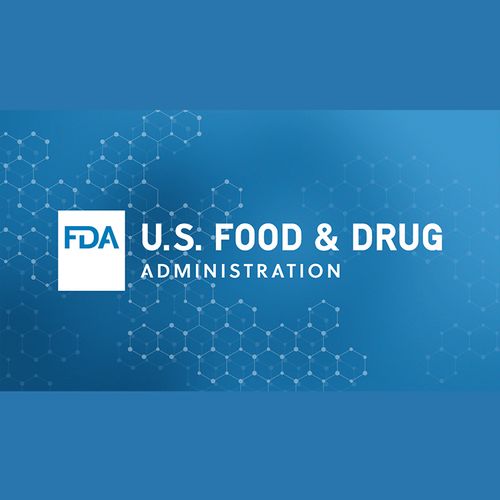How safe and unbiased are decisions made by the US Food and Drug Administration (FDA) when experts that are nominated to its advisory panels have financial ties to the drug industry?
Because many top experts work for drug companies that have a stake in the conclusions of these panels, conflicts of interest are inevitable.
FDA rules state that potential panel members must provide full disclosure of any financial ties to the industry that might pose a conflict and be excluded from participation on those panels. But agency guidelines also allow for waivers that allow committee participation when "the need for the individual's services outweighs the potential for a conflict of interest." The FDA can offer full or "limited" waivers --the latter allowing the expert to take part in deliberations, but not allowing him/her a vote.
Now, an article in The New England Journal of Medicine claims the ease of availability for these waivers may be tainting the FDA's drug-oversight process.
Cause For Concern?
There is "general concern that waivers for potential conflicts are common and that the agency has paid insufficient attention to its and the public interest in selecting scientific advisers who are independent of industry, says Dr. Robert Steinbrook, who wrote the article and is the journal's former deputy editor.
Not everyone agrees that waivers are cause for concern, however. "We know that many of the nation's best medical experts have been involved in important cutting-edge research projects funded by [drug companies," says Jeff Trewhitt, a spokesman for the Pharmaceutical Research and Manufacturers of America, which represents the drug industry. "We feel it would be a major loss for FDA advisory panels to lose their expertise, because these people are chosen for a reason—they are very good and they are very smart.
It's important to note that FDA panels only advise the agency in its decision-making processes. FDA officials are not obligated to follow panel recommendations.
Case Study
To support his theory, Steinbrook cites the case of the FDA advisory panel convened to determine the safety of Cox-2 inhibitor painkillers. This joint committee, comprised of 32 experts made up of two panels the Arthritis Advisory Committee and the Drug Safety and Risk Management Advisory Committee poured over data on the safety and efficacy of the Cox-2 inhibitor painkillers Bextra, Vioxx and Celebrex. According to Steinbrook, 10 of these experts had been issued general waivers allowing them a spot on the panels, despite conflicts of interest, including drug company funding for research and speaker's fees.
"Of the 30 votes cast by these 10 members on whether the Cox-2s should continue to be marketed, 28 favored marketing the drugs." Steinbrook notes. In contrast, "of the 66 votes of the other 22 [conflict-free) members, only 37 favored marketing the drugs."
This joint committee voted that Celebrex and Bextra should remain on the market and that Vioxx—pulled from shelves in September 2004—be allowed to return to US pharmacies.
According to Steinbrook's analysis, if the 10 committee members who had received waivers had been removed from the process, that vote would have turned out very differently. "The committee would have voted 12 to eight that valdecoxib (Bextra) should be withdrawn, and 14 to eight that rofecoxib (Vioxx) should not return to the market," he notes.
In the end, FDA officials ignored most of the panel's recommendations banning Bextra and keeping Vioxx off drugstore shelves.
The Reaction
Rep. Maurice Hinchey (D., NY) has sponsored a rider to an appropriations bill that would temporarily restrict the FDA's use of conflict-of-interest waivers.
"It would end these conflicts of interest," Hinchey says. "It would say that these people with clear conflicts of interest should not be allowed on these panels."
According to Hinchey, "The FDA has said, Oh, it's very difficult to get expert opinions without giving these conflict-of-interest waivers.' That's total baloney.
"We have very, very prestigious medical schools across this country with highly educated, deeply experienced people who are very capable of participating in these review committees—with no conflict of interest."
But Trewhitt says that's just not the case, especially when it comes to the approval of new drugs and devices.
"Most of the cutting-edge biomedical research that leads to new products, new medicines, is funded by [drug] companies," he says. "Universities simply don't have the money, and government is overwhelmingly focused on fundamental, basic research, not applied science."
